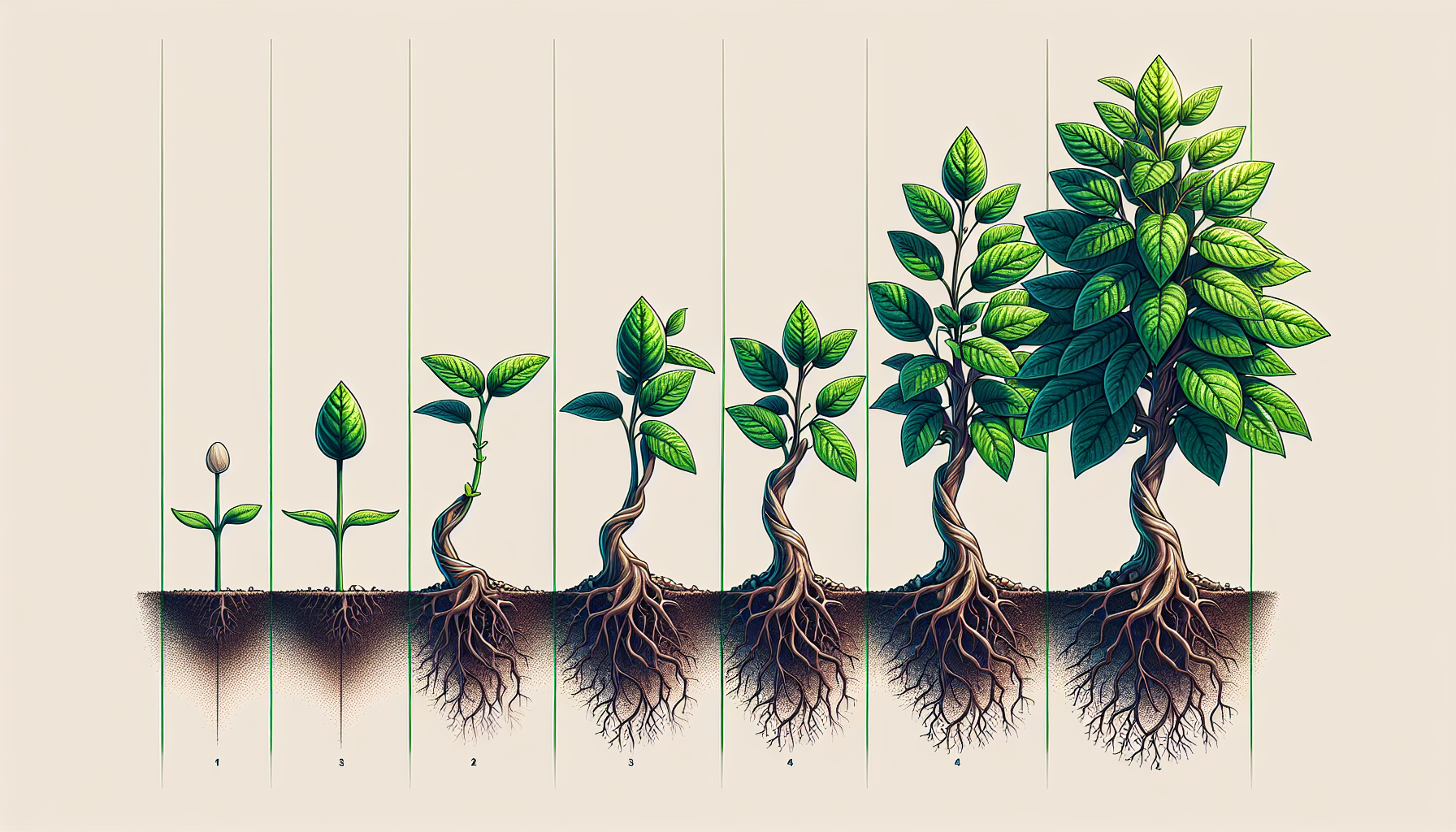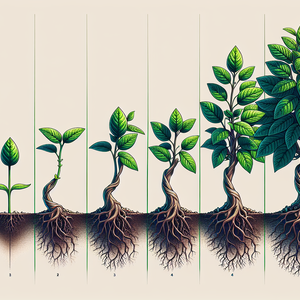The Future of Retail: What Sears Can Teach Us

Sears’ history is punctuated by innovation, which enabled the company to thrive during its heyday. From its revolutionary catalog sales model to its early forays into e-commerce, the brand demonstrated a commitment to adapting its business model. However, as competition intensified with the rise of agile online retailers like Amazon, Sears struggled to maintain its market position. In response to modern challenges, Sears has made notable efforts to enhance its online shopping experience. The company has invested in improving its website interface, streamlining the user experience, and optimizing its supply chain to better meet the demands of contemporary consumers. For instance, the introduction of services like “buy online, pick up in-store” reflects an understanding that modern consumers value flexibility and speed. This emphasis on continuous adaptation and innovation is a fundamental lesson for retailers: staying relevant requires a proactive approach to change.
Customer-Centric Services Matter
A critical lesson from Sears’ legacy is the importance of a customer-centric approach. Beyond simply selling products, Sears has historically offered a range of services, including installation and repair for appliances and tools. This focus on customer satisfaction not only set Sears apart from competitors but also fostered loyalty among its consumer base. For example, Sears’ appliance repair service has long been a cornerstone of its business model, appealing particularly to homeowners who depend on reliable service for essential household items. This customer-centric focus underscores the value of enhancing the overall shopping experience through additional services. Modern retailers can emulate this model by prioritizing customer needs and offering services that go beyond the transaction, ultimately leading to increased satisfaction and repeat business.
The Power of Brand Legacy
Sears’ extensive brand legacy is both an asset and a challenge. While it evokes feelings of nostalgia and trust among older generations, it poses difficulties in appealing to younger consumers. Recognizing this, Sears has made concerted efforts to modernize its branding and marketing strategies, aiming to connect with a new demographic. In recent years, Sears has embraced social media and influencer partnerships to refresh its image. This necessity to evolve highlights the importance of staying relevant in an ever-changing market. Retailers must understand that their brand identity should resonate with younger audiences while maintaining the core values that have long defined their business. A modern approach to branding can help bridge the generational gap and attract a diverse customer base.
Community Engagement as a Strategy
Sears has historically held a significant presence within the communities it served. Its commitment to local engagement, through sponsoring events and supporting social causes, created a deep-rooted connection with consumers. In the wake of the COVID-19 pandemic, community engagement has surged in importance as consumers increasingly prioritize brands that demonstrate social responsibility. Modern retailers can draw from Sears’ legacy by investing in community initiatives and fostering relationships that extend beyond mere transactions. Engaging with local communities not only builds brand loyalty but also enhances the retailer’s reputation as a socially responsible entity. This connection can be particularly beneficial in attracting customers who seek to support businesses that contribute positively to their communities.
Adapting to Economic Shifts
The ability to navigate economic challenges is crucial for any retail business. Sears has faced numerous economic downturns and changing consumer spending habits throughout its history. Its attempts to pivot—such as introducing more affordable product lines during recessions—illustrate the necessity of flexibility in retail strategy. In today's environment, characterized by inflation and economic uncertainty, this lesson is particularly salient. Retailers must remain vigilant and ready to adapt their offerings and marketing strategies in response to shifting economic conditions. By staying attuned to consumer behavior and market trends, businesses can better position themselves to weather economic storms and thrive in the long term.
The narrative of Sears is not merely a tale of a retail giant's rise and fall; it serves as a rich source of lessons for the future of retail. By emphasizing the importance of embracing change, adopting a customer-centric approach, modernizing brand identity, engaging with local communities, and adapting to economic shifts, retailers can equip themselves for success in an unpredictable marketplace. As the retail landscape continues to evolve, the insights gleaned from Sears will undoubtedly remain relevant. They offer a roadmap for both established businesses and new entrants to navigate the complexities of modern retail, ensuring they remain competitive and responsive to the needs of today’s consumers. With these lessons in mind, the future of retail can be one of resilience, innovation, and connection.
E-commerce Strategy Manager
Target, Walmart, Amazon
Core Responsibilities
Develop and implement e-commerce strategies to enhance online sales and customer engagement.
Analyze market trends and consumer behavior to identify opportunities for growth.
Collaborate with marketing, IT, and supply chain teams to optimize the online shopping experience.
Required Skills
Strong analytical skills with experience in data-driven decision-making.
Proficiency in e-commerce platforms (e.g., Shopify, Magento) and digital marketing tools.
Excellent project management and communication skills.
Customer Experience (CX) Specialist
Nordstrom, Lowe's, Best Buy
Core Responsibilities
Design and implement customer feedback programs to enhance overall shopping experiences.
Work closely with various departments to ensure that customer insights are integrated into product and service offerings.
Monitor customer service metrics and identify areas for improvement.
Required Skills
Strong understanding of customer journey mapping and experience design principles.
Familiarity with customer relationship management (CRM) systems and analytics tools.
Excellent interpersonal skills and a passion for customer satisfaction.
Brand Marketing Manager
Macy’s, Sephora, Old Navy
Core Responsibilities
Develop comprehensive marketing strategies to rebrand and modernize the company’s image.
Manage social media campaigns and influencer partnerships to reach younger demographics.
Conduct market research to assess brand perception and identify target audiences.
Required Skills
Proficiency in digital marketing, content creation, and brand management.
Strong creative and strategic thinking abilities.
Experience with SEO, PPC, and social media advertising.
Community Engagement Coordinator
CVS Health, Starbucks
Core Responsibilities
Organize and execute community-focused initiatives and partnerships that align with company values.
Monitor and report on the impact of community engagement efforts on brand perception.
Collaborate with local organizations to foster relationships and support social causes.
Required Skills
Strong organizational and project management skills.
Excellent communication and relationship-building abilities.
Knowledge of social responsibility and community development practices.
Retail Operations Analyst
Home Depot, Costco, JCPenney
Core Responsibilities
Analyze retail data to identify trends, inefficiencies, and opportunities for operational improvements.
Collaborate with supply chain and inventory management teams to optimize stock levels and reduce costs.
Prepare reports and presentations to communicate insights and recommendations to management.
Required Skills
Strong analytical skills with proficiency in Excel and data visualization tools.
Knowledge of retail metrics such as sales per square foot and inventory turnover.
Excellent problem-solving skills and attention to detail.


